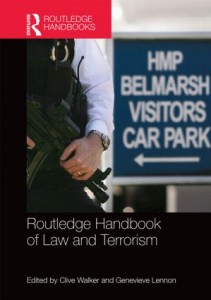By Prof Jonathan Hill, Professor of Law (University of Bristol Law School).

It is a truism that arbitration clauses are often poorly drafted, not infrequently agreed at the 11th hour or lifted (inappropriately) from unrelated contracts. As a consequence, courts often have to try to make sense of clauses which are unclear or potentially inconsistent. In Shagang South-Asia (Hong Kong) Trading Co Ltd v Daewoo Logistics [2015] EWHC 194 (Comm), [2015] 1 All ER (Comm) 245 the parties had agreed that arbitration was to be ‘held in Hong Kong’, but that ‘English law [was] to be applied’. After the tribunal had rendered its award, the claimant applied to the English court for setting aside of the award under section 67 of the Arbitration Act 1996. As in Dubai Islamic Bank v Paymentech [2001] 1 Lloyd’s Rep 65, the English court’s setting aside jurisdiction depended on England being the seat of arbitration (see Arbitration Act 1996, s 2(1)). (more…)



